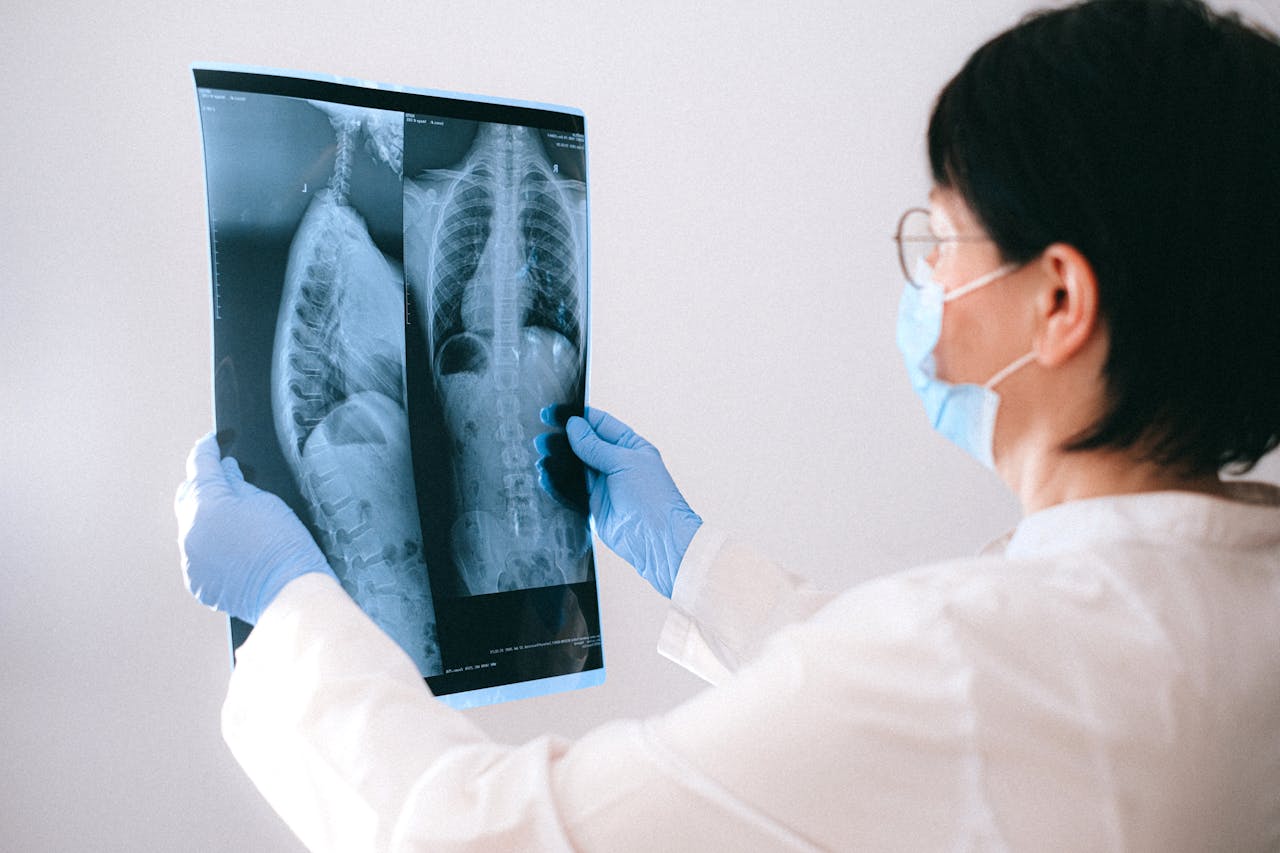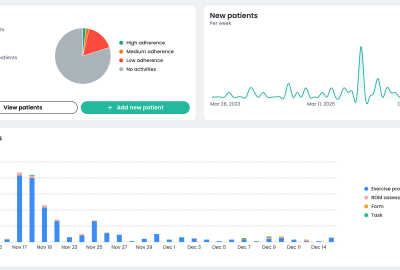The MSK Burden for ACOs
ACOs strive to enable high-quality care as efficiently as possible, but this is no easy task for musculoskeletal (MSK) conditions. On average, a single MSK episode costs upwards of $4,000, and over half of US adults suffer from MSK conditions. The largest drivers of these costs include (often unnecessary) surgeries, imaging, injections, physician and physical therapy visits, hospitalizations, and prescription medication. Visits to primary care providers (PCPs), in particular, drive a significant MSK cost burden because as many as 30-40% of PCP visits are MSK-related. ACOs commonly adopt software and technology to drive efficiency, and they should explore this same strategy in the MSK space.
How Digital Rehabilitation Solutions Can Help
Given how MSK conditions drive costs for healthcare systems, ACOs should seek solutions that:
- May reduce needed in-person physical therapy appointments
- Minimize MSK-focused primary care visits
- May reduce unnecessary, costly interventions, such as surgeries, imaging, injections, and prescription medication
Feel free to check out this quick video to better understand the Kemtai use case for ACOs:
1. Reducing the Need for In-Person PT Appointments
Kemtai, the world’s first digital physical therapist leveraging next generation computer vision, has already shown that it can significantly reduce in-person physical therapy appointments. In a recent pilot with a 2.5M member HMO, Kemtai reduced in-person PT appointments by 33% and reduced patients that needed 10+ appointments from 21% to 0%. The key here is Kemtai’s patented computer vision AI that provides real-time feedback and digital assessments to improve adherence and at-home exercising rate.
2. Minimizing MSK-Focused Primary Care Visits
PCPs often serve as the initial point of contact for MSK conditions, but that shouldn’t necessarily be the case. With 30-40% of PCP visits focused on MSK conditions that often result in additional specialist visits, MSK-related PCP visits can be quite wasteful. Thus, just modest reductions in MSK-focused primary care visits could provide a large cost-savings opportunity for ACOs.
3. Reducing Costly Interventions
The evidence here is clear: earlier access to rehabilitation, including digital rehabilitation, substantially lowers the cost of MSK episodes. Some studies suggest this savings is around 20%, while others suggest it can be as high as 60%. However, these savings only come to fruition if patients demonstrate high adherence to their physical therapy, and this is why the selection of a strong digital rehabilitation platform is critical. Kemtai, for example, typically drives adherence levels of greater than 70%. Yes, reductions in surgeries, imaging, injections, and prescription medications for MSK conditions is possible, but ACOs must select the appropriate digital solution to enable these savings.
Interested in learning more? Feel free to reach out to info@kemtai.com.





